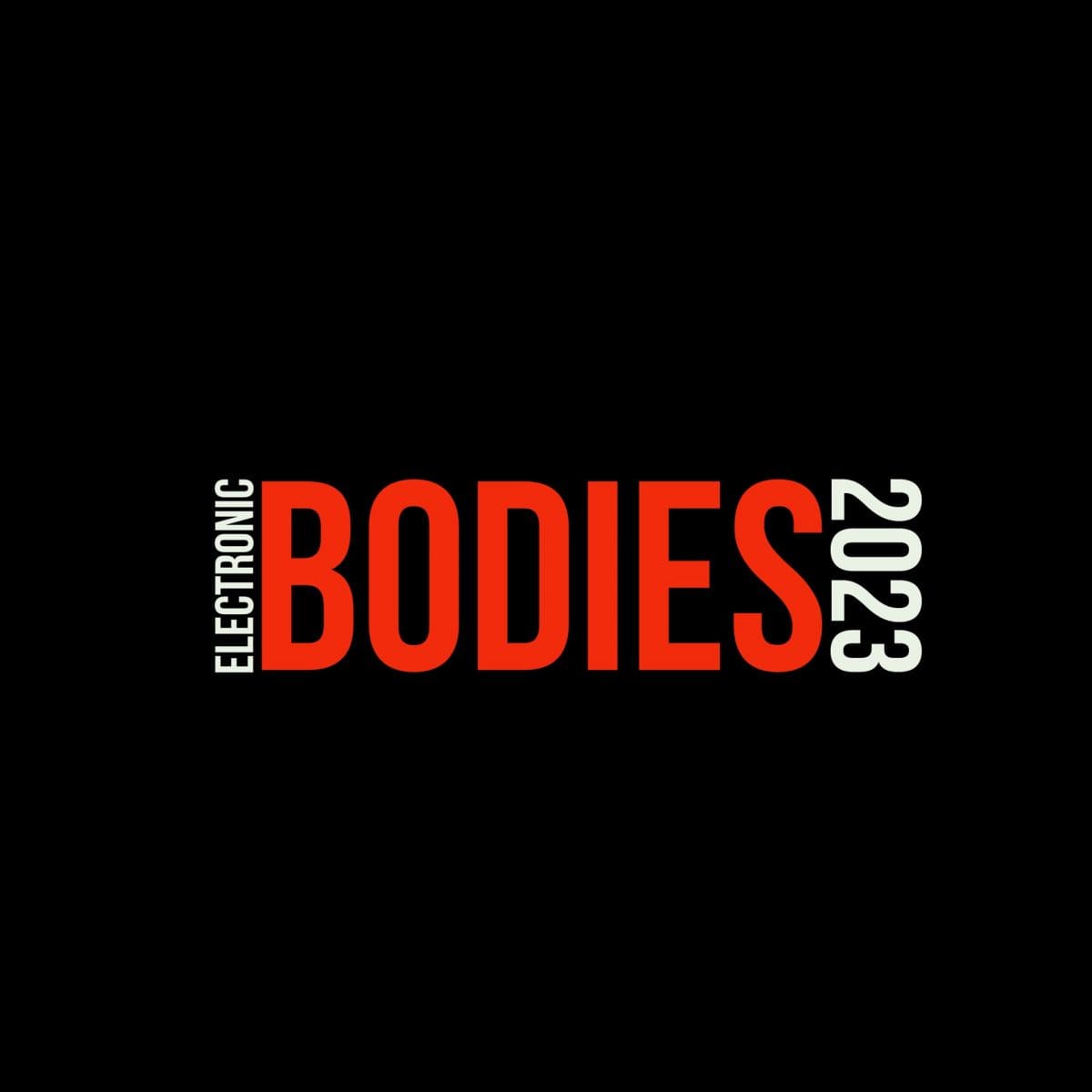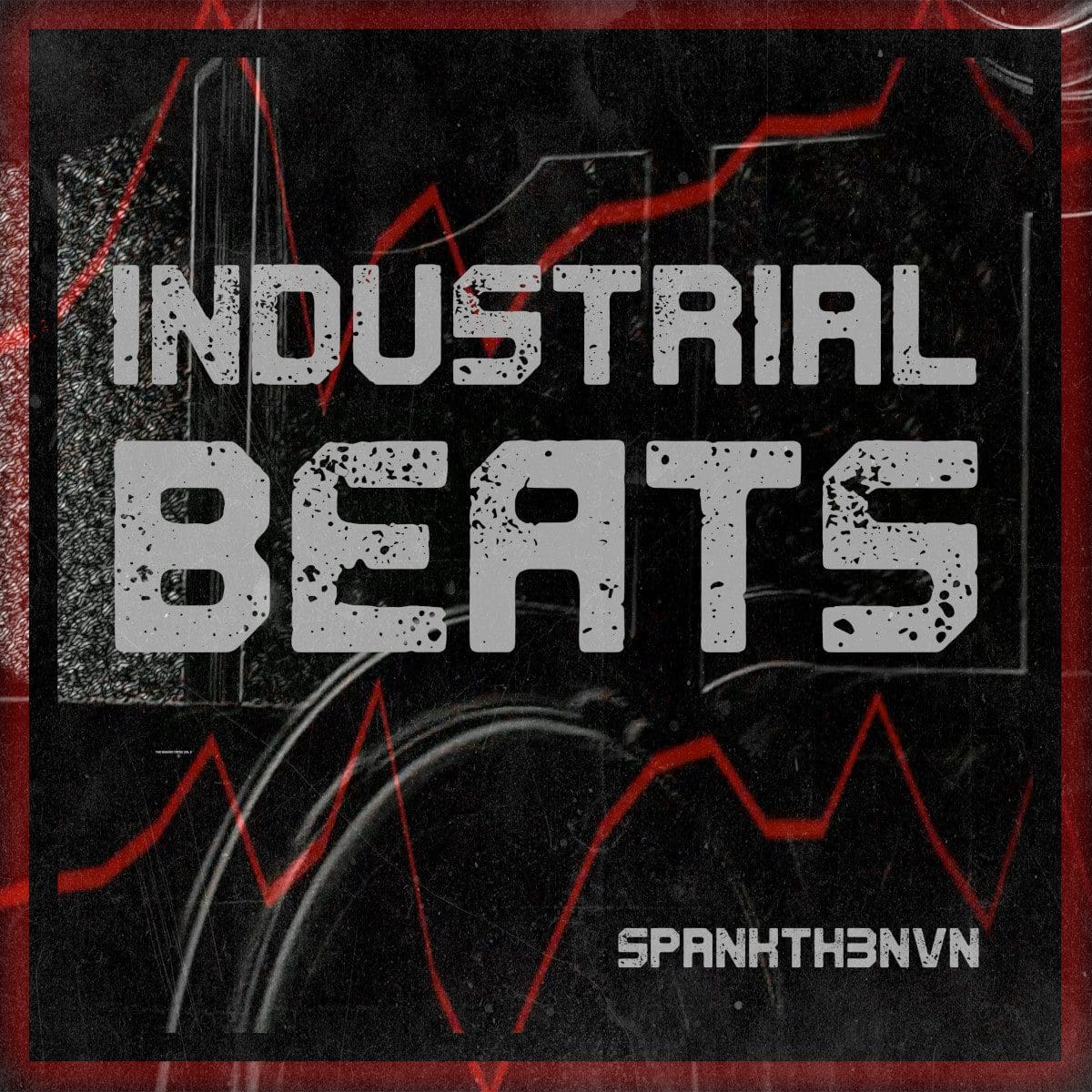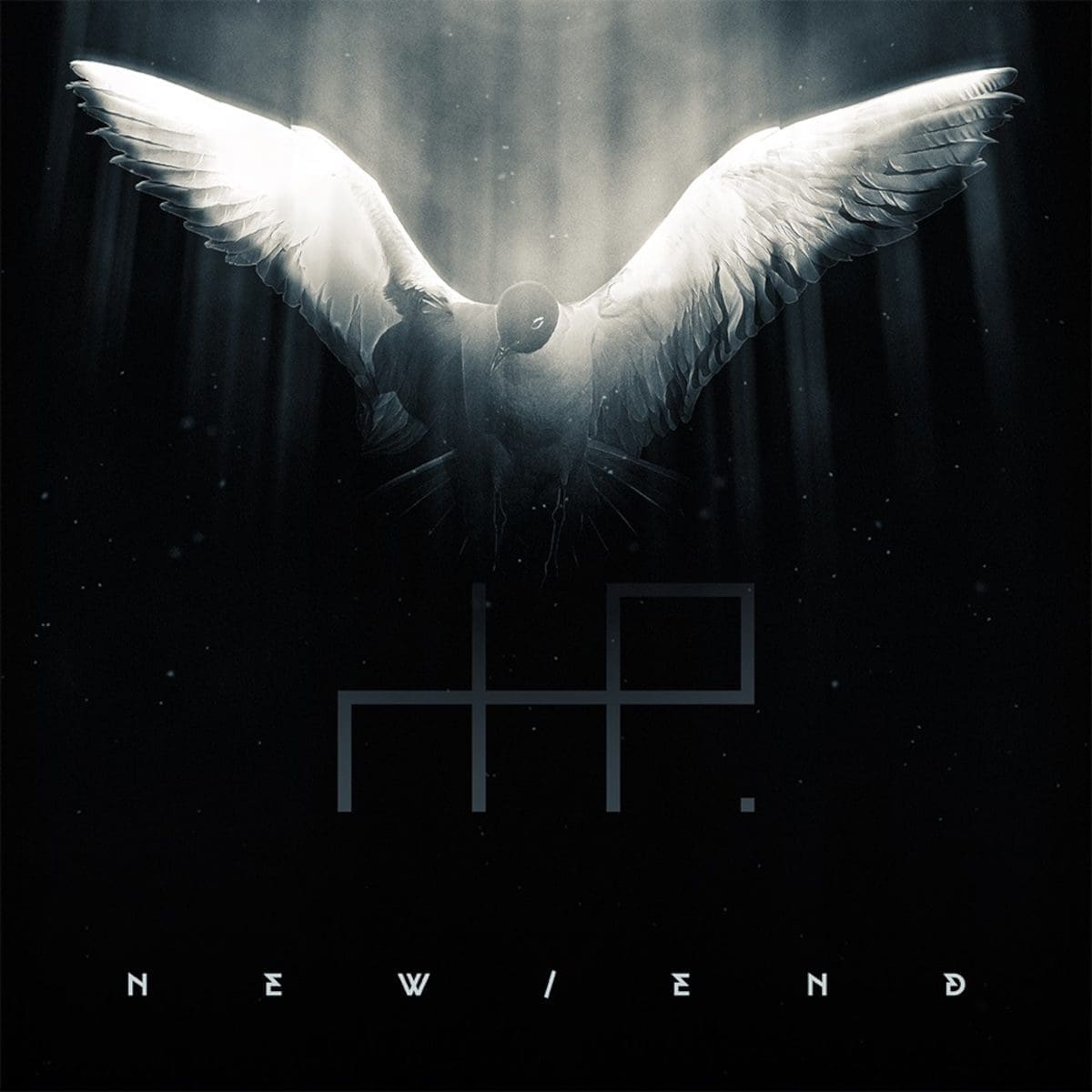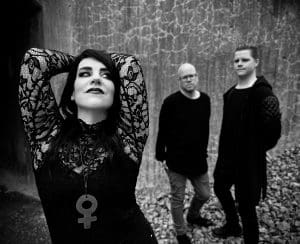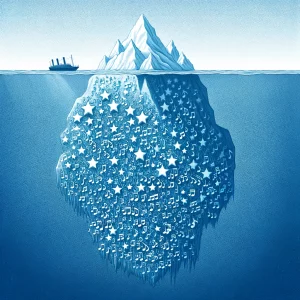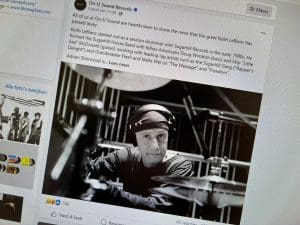‘Click Interview’ with ImiAFan Vs. 4mg Records: ‘I See Myself More Like A Music Activist. It Is Not About Business At All’
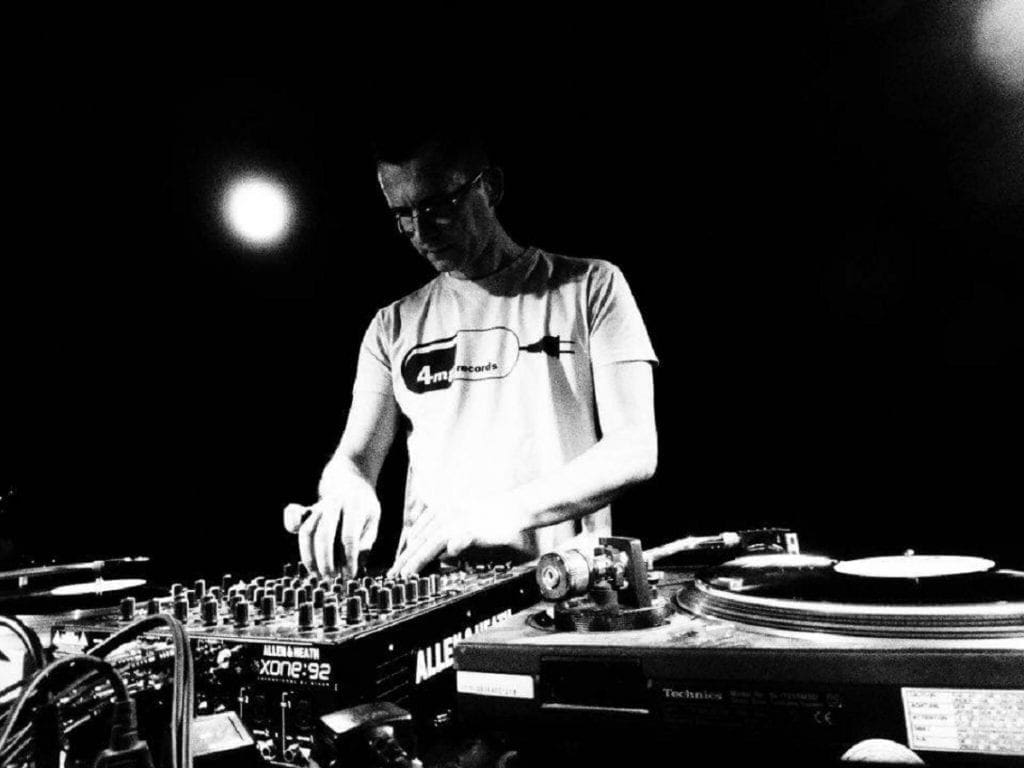

ImiAFan started as a solo-project set up by Imrich Vegh in 1999. Later on Miki Bernath joined in and ImiAFan moved on as a duo sometimes completed by extra guests. ImiAFan is mainly dealing with a minimal-electro style. Most of the productions got released on 4mg Records, which is a Slovakian label run by Imrich Vegh. ImiAFan this year released a new album entitled “Videnie” on the French label Falco Invernale Records. It gave me the idea to get in touch with Imrich Vegh to get a bit more information about ImiAFan and 4mg Records.
(Courtesy by Inferno Sound Diaries)
Q: Let’s start with the beginning! Can you briefly introduce yourself and tell us how you got involved with electronic music, which brought you to set up ImiAFan and 4mg Records?
Imrich: My name is Imrich Vegh. I live in Slovakia. Music has been my favorite hobby since my childhood, which I spent in the 80s listening to synth-pop and new-wave music. Later on, I was listening also to EBM, dark-wave, ambient and many other music styles. In the 90s, I felt a need to exhale my musical creativity and my first computer gave me an easy opportunity to play with sounds. Computer worked well as a recorder and sampler using tracker type music software. That was in around 1998. The idea of creating the label came up a bit later in 2003. At that time, I lived in Canada and I needed some kind of platform to socialize with musically like-minded people. This has been working since then till today. I made many friendships from all over the world thanks to my music activities.
Q: You’re hailing from Slovakia so how does the electro/industrial/goth scene looks like in your country (referring to artists, labels, event organizers, media, DJ’s ao)? What are the main difficulties you encounter when operating from Slovakia and how do you try to reach a wider/international audience?
Imrich: Slovakia is a small post-communist country in Eastern Europe and the scene here is specific of that kind. There are not many club activities in the electro/industrial/goth scene. I know about Aliens Production label releasing dark-ambient, EBM music on CDs. I am aware of EBM bands like The Dark or Terminal State, the death-rock band Last Days Of Jesus and a harsh industrial project called Einleitungszeit. The local media support is poor. I exist musically mostly by being connected to a virtual world of friends and supporters without borders. I live in the countryside, in the middle of a farm land with my family; I have a daily job, etc.
Moreover, I don’t even listen to much new music anymore, compared with the past. I enjoy the outdoor noise without wearing headphones.
Q: When I’m listening to ImiAFan I immediately hear a connection with 80s electronics. What do you try to express with this music project and how do you see the evolution in influences and the composition process from your early work till the newest release “Videnie”?
Imrich: I got into minimal-synth music accidentally by releasing my first 12” and later 7”. Those releases generated some interest of people from the minimal-synth scene, but till then, I was not aware of that such music scene even exists. Then I found out about Veronica Vasicka’s weekly Minimal Wave radio shows she used to air in around 2004 from Brooklyn. I still keep those shows downloaded to my archives. She even played my tracks and later on we made a track together. Of course, the main influence is the 80s music because that was the time when I inhaled the music the most. The life was slower and we were able to spend a lot of time listening to entire albums in a very relaxed mode on repeat for days and weeks. I have been a huge fan of early Depeche Mode. It was a very intense love for their music behind the Iron Curtain that time. There was also an interesting social phenomenon of Depeche Mode-fans and heavy metal fans here who were sometimes even fighting among each other in gang style. Funny times.
Our composition style is not changing much. In the last 7 years I have worked with my music partner Miki Bernath who comes from the neighboring village. He is coming from the minimal techno scene so our sound is affected by his own influences, too. Miki is the studio producer, mixer and engineer in ImiAFan right now. It seems to me that our sound, thanks to him, became a bit cleaner with more depth. The sound changes also depending on what gear we use. The tracks are built from basic ideas -often random or accidental ideas/loops/demos brought by him or me, but the final word on each track is mine. Sometimes, we are jamming in my house, playing over rhythms and record on fly what we like. I always try to catch the breath of a moment when the ‘accidental’ melody comes.
Q: What is “Videnie” all about? Tell us a bit more about the composition and the lyrical content?
Imrich: “Videnie” (“Vision” in English) is basically a bunch of songs recorded from 2015 to 2018. Those six tracks on the 12” were selected by the label from a collection of (I guess) 9 proposed tracks. Using the poems of the Slovak famous writer, Ivan Strpka, whom I know in person, works well in our music. Many years ago, I was his driver and translator at a poetry festival in Hungary. Mr. Strpka is happy that I use his poems this way. I have a few of his books, which I am reading while listening to loops and music ideas and in last years I found many of them fitting nicely to our music. I like Strpka’s surreal pictures and situations created in his short poems. We have more unreleased tracks (even a few newer ones) with his lyrics. I think, it is a good idea to use poems in this kind of music. The vinyl format also gives space to put the lyrics on cover with translations so everybody can read them. The cover design gives the first visual feeling before listening, so the release is artistically a quite complex artefact with music, poetry and graphics in one package. I also love using various languages in our music.
My first language is Hungarian (same for Miki), because we are members of the Hungarian minority living at the border with Hungary here in Slovakia. Therefore, we use that language as well and it sounds totally different. In the past, I worked with other vocalists, such as Sololust, using English, or Dario Seraval, using Slovenian. There are no limits. I love all languages of this planet.
Q: “Videnie” has been released by the French label Falco Invernale Records. This label is run by Makina Girgir who had a side-project with you called Képeslap! Is this project still active and/or are there new plans for the future? And how comes you don’t release your own work on 4mg Records?
Imrich: Képeslap is in a lazy mode right now. We had a nice 5 tracker mini album called “Power And Darkness” out in 2010 at Falco Invernale Records. Since then, we recorded 2 tracks for various compilation releases. The last track called “Este Van” released on the “Wave Earplug”-compilation is the one which you reviewed earlier this year. We work remotely between France and Slovakia. All depends on our free time and on what life brings. We never plan anything, but to be honest, I would love to make a new mini-album under Képeslap moniker again.
I have to correct you though, because most of the ImiAFan releases came out on 4mg records. Please, just check our discography and you will see.
I am always open for releases on other labels so I don’t have to take care about distribution and finances that much.
Q: Can you give us more information/details about the label philosophy of 4mg Records? I also want to ask you for a bit more details about the real interesting “Wave Earplug”-compilation series you set up and, which is featuring a great canvas of electro-minimal artists?
Imrich: 4mg Records exists as non-profit organization and it is basically a platform to support the music scene and the artists I like. This support happens often in the form of compilation releases. It started in 2003 with a CD series “Melodies & Structures” with 2 volumes. It continued with the “Vinylized” series with local underground music of various styles with foreign guests from time to time –giving the chance to local projects to release their music on vinyl format. This year we have just released the 8th volume. Additionally, 3 volumes of “Experimental Studio Bratislava” on LP and CD in one package, mapping the archives of the Slovak national radio’s music concrete recordings from 60s, 70s and 80s were released.
You mentioned the “Wave Earplug” compilation. We released the third part earlier this year and this is the one which is the closest to my heart. It’s focusing on new-wave, synth-pop, old-school EBM, minimal-electro and similar stuff. The “Vinylized” and “Wave Earplug”- projects are both financed by the participants themselves or by their supporters. It is kind a collective self-release. The whole pressing is equally divided, sent to each participant and he/she/they may use it for their own needs of promotion, trade etc. This way we don’t depend on any distributor. The release is out in various parts of the world depending on who participated and cross promoting all artists involved at the same time.
During the last years, I also released cassettes from two of my ‘music heroes’; namely Edward Ka Spell of Legendary Pink Dots and Adrian K Smith of Click Click. I love cassettes, they bring back memories of the old, analog times of the 80s. Thanks to my label, I see myself more like a music activist. It is not about business at all. I am just doing my small part.
Since you’re here …
… we have a small favour to ask. More people are reading Side-Line Magazine than ever but advertising revenues across the media are falling fast. Unlike many news organisations, we haven’t put up a paywall – we want to keep our journalism as open as we can - and we refuse to add annoying advertising. So you can see why we need to ask for your help.
Side-Line’s independent journalism takes a lot of time, money and hard work to produce. But we do it because we want to push the artists we like and who are equally fighting to survive.
If everyone who reads our reporting, who likes it, helps fund it, our future would be much more secure. For as little as 5 US$, you can support Side-Line Magazine – and it only takes a minute. Thank you.
The donations are safely powered by Paypal.

